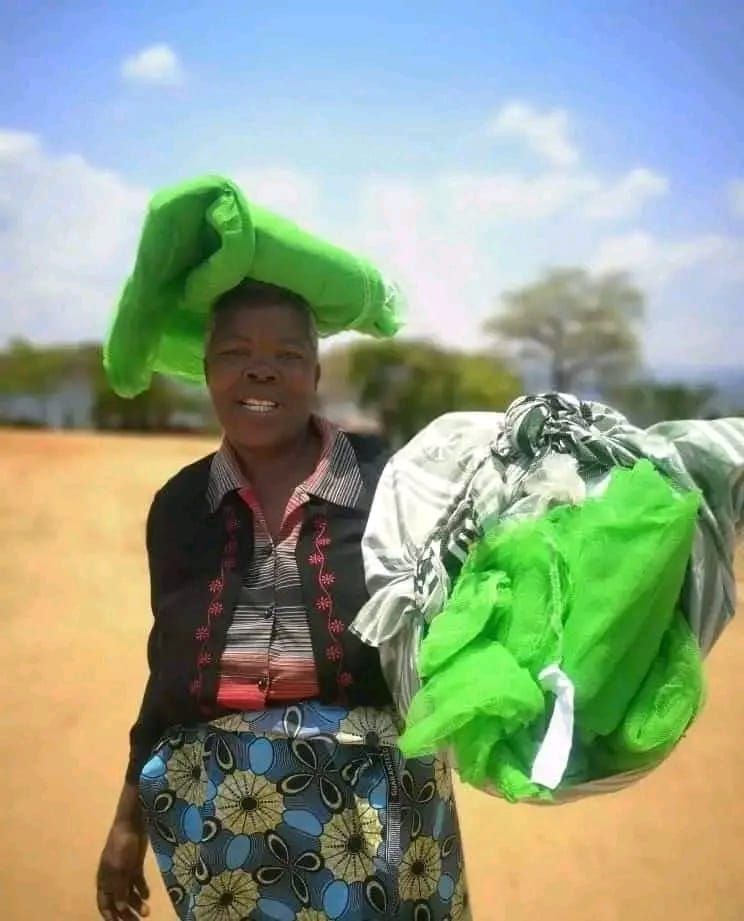By Linda Kwanjana
On the tragic day of July 2, 2015 Malawians witnessed the missing of one renowned finance manager then working as Anti-Corruption Bureau (ACB) Corporate Manager, only to discover his bullet-wounded remains 48 hours later behind Presidential Villa – Indeed bullet wounded on the neck and stomach according to a thorough postmortem. His double cabin Toyota Hilux was later spotted in ashes at Mtsitiza high density areas near Kaunda-Area 49 in Lilongwe.
High-tech mobile devices located his smartphone in the vicinity of Falls Estate.

According to the Malawi Watchdog investigations, prior to the ignition of such a historical bad omen, the corruption-fighting body, the ACB, had been in receipt of 20 letters from multiple streams that demanded clarifications on how then State House staffer and former President Professor Arthur Peter Mutharika amassed multi-billion worth of property – expensive vehicles, houses, hotels and many other luxuries.
The gruesomely assassinated Njaunju was found buried somewhere in the Capital Lilongwe just a stone’s throw away from Kamuzu Palace. Njaunju passed through a clearly selfish but masterly calculated murder plan.
Police Investigations
Following a smooth run of police Investigations, the masterminds of the tragedy were known – to the dismay of the nation, they were being shielded. Nearly a decade since the unforgettable political drama, justice on the matter must reign but only out of brains and hands of an expatriate investigating team.
The Discovery of Njaunju Smartphone
An in-law to the the mafia at the then State House (brother to his wife) was arrested as transpirations were rife that Njaunju’s phone was sold to and the seller was his in-law, a Lilongwe-based police officer. He was caught as he bragged knowledge of the assassin at a particular drinking joint in the capital. Some countrylovers tipped the police. He was arrested but released later. It was clear the mafia had easily manipulated the Malawi Police Services at the Area 30 Headquarters.
Justice Delayed, Justice Denied
Though Malawians shall never see Njaunju again, his murderers are driving posh cars freely in the streets of Malawi as Njaunju’s wife, children and relatives are desperately yet to see and witness the light of justice.
An Overwhelming Evidence
In 2015, the Malawi Human Rights Commission kindled a ray of a parallel investigation under the chairpersonship of Justin Dzonzi. However, results never surfaced, a strike of further frustration on the matter violently hit Malawi.
But all in all, the Njaunju phone post-user must be pinned today!
Further Arrests
Malawi Police managed to arrest the murder-connected police officers – Sergeant Titus Thombozi – a worker at Malawi Revenue Authority (MRA) – Mchinji Boarder and Christopher Naphiyo.
The first to be arrested and charged of murder was Frank John, the one who was using the late Njaunju’s phone. This development followed the donor community threats that the attack was a direct reciprocator on the country’s justice system and the war against corruption.
According to the former acting British High Commissioner, David Beer, a United Kingdom sponsored homicide expert already investigated and submitted a report to Malawi Police Services.
Time to follow up wolves in sheep skins is now!








